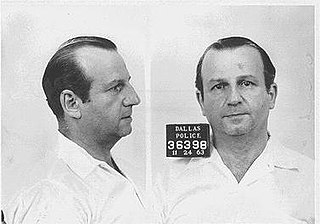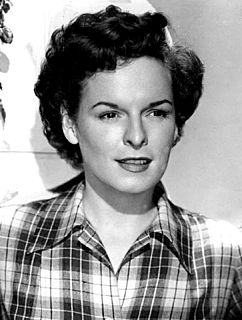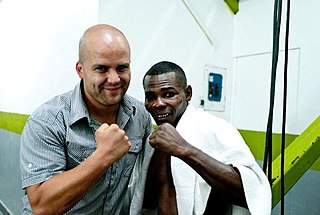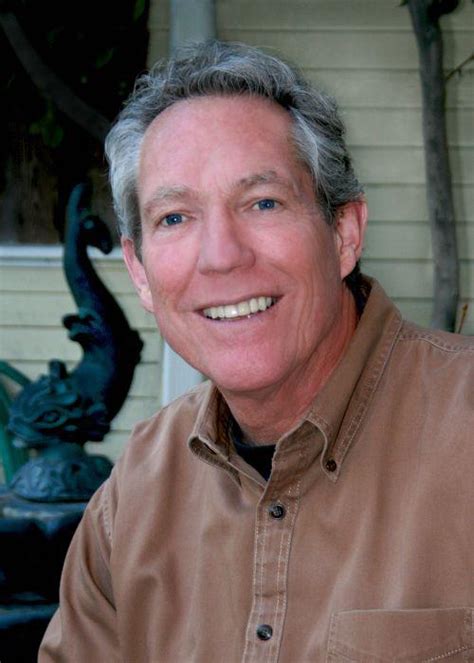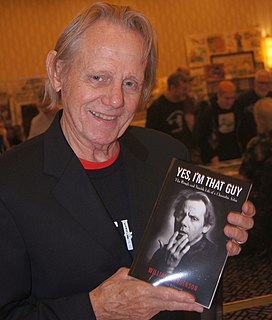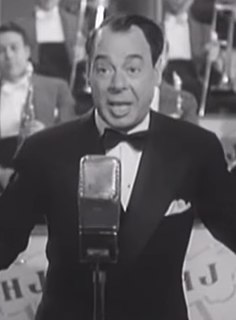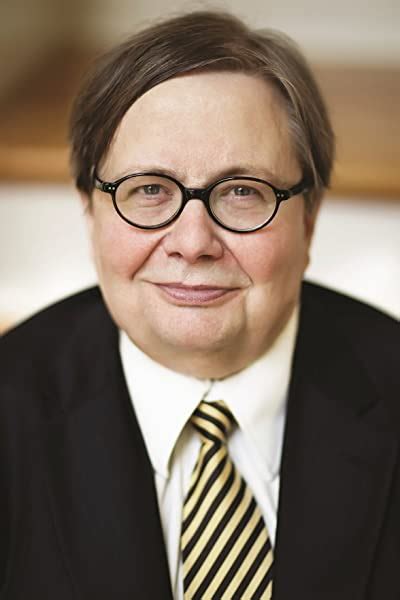A Quote by George Takei
Even before I could vote, I was involved in the political arena. My father was an admirer of Adlai Stevenson, and he took me to the Stevenson for President headquarters, and he volunteered me. That was my introduction to electoral politics, which was exciting and fun and thrilling and very theatrical.
Related Quotes
Though Americans talk a good deal about the virtue of being serious, they generally prefer people who are solemn over people who are serious. In politics, the rare candidate who is serious, like Adlai Stevenson, is easily overwhelmed by one who is solemn, like General Eisenhower. This is probably because it is hard for most people to recognize seriousness, which is rare, especially in politics, but comfortable to endorse solemnity, which is as commonplace as jogging.
Stevenson had noble ideas--as did the young Franklin for that matter. But Stevenson felt that the way to implement them was to present himself as a thoughtful idealist and wait for the world to flock to him. He considered it below him, or wrong, to scramble out among the people and ask them what they wanted. Roosevelt grappled voters to him. Stevenson shied off from them. Some thought him too pure to desire power, though he showed ambition when it mattered.
As a youngster, I had friends who became lawyers and doctors, and I was as idealistic as anybody. When I was in the Army, I read a book by Adlai Stevenson. He said law was as noble as saving a person's life. So at one point, I felt that way, too. But after a while, I said, 'Let me just finish the degree. I'm getting the G.I. Bill.'
Adlai Stevenson, himself a notable speaker, often reminisced about his last meeting with Churchill. I asked him on whom or what he had based his oratorical style. Churchill replied, "It was an American statesman who inspired me and taught me how to use every note of the human voice like an organ." Winston then to my amazement started to quote long excerpts from Bourke Cockran's speeches of 60 years before. "He was my model," Churchill said. "I learned from him how to hold thousands in thrall."
I was involved in the civil rights movement way back in the late '50s and through the '60s and '70s. I was doing a civil rights musical here in Los Angeles and we sang at one of the rallies where Dr. Martin Luther King spoke, and I remember the thrill I felt when we were introduced to him. To have him shake your hand was an absolutely unforgettable experience. Even before I could vote, I was involved in the political arena.
When [my dad] was at the University of Michigan, my mom was a social-worker. As he rose, he voted for [Adlai] Stevenson initially. Then he voted for [Dwight] Eisenhower. Then he kept voting Republican until he voted for Barack Obama. So that's kind of amazing. But he was offered a cabinet post by Eisenhower in his second term. So he was moderate Republican. But if you asked him, he would've said, "I don't have any politics. I'm a business person." Mainstream, the American view, as he understood it.
Teofilo Stevenson won his first Olympic gold medal in 1972 and his last world amateur championship in 1986. He won 302 fights and once went an unbelievable 11 years without a loss. Had Cuba not boycotted the 1984 Summer Olympics, many think Stevenson would have won an unmatched four gold medals in boxing.

